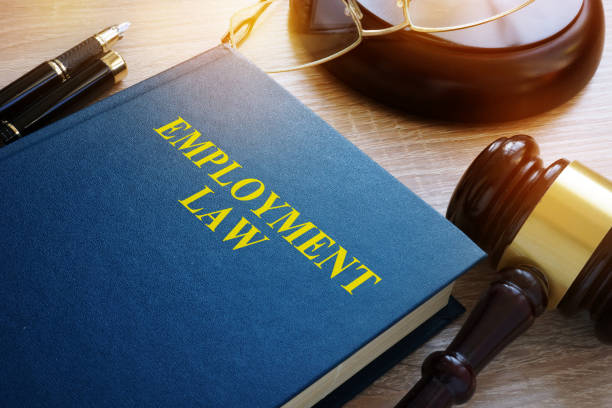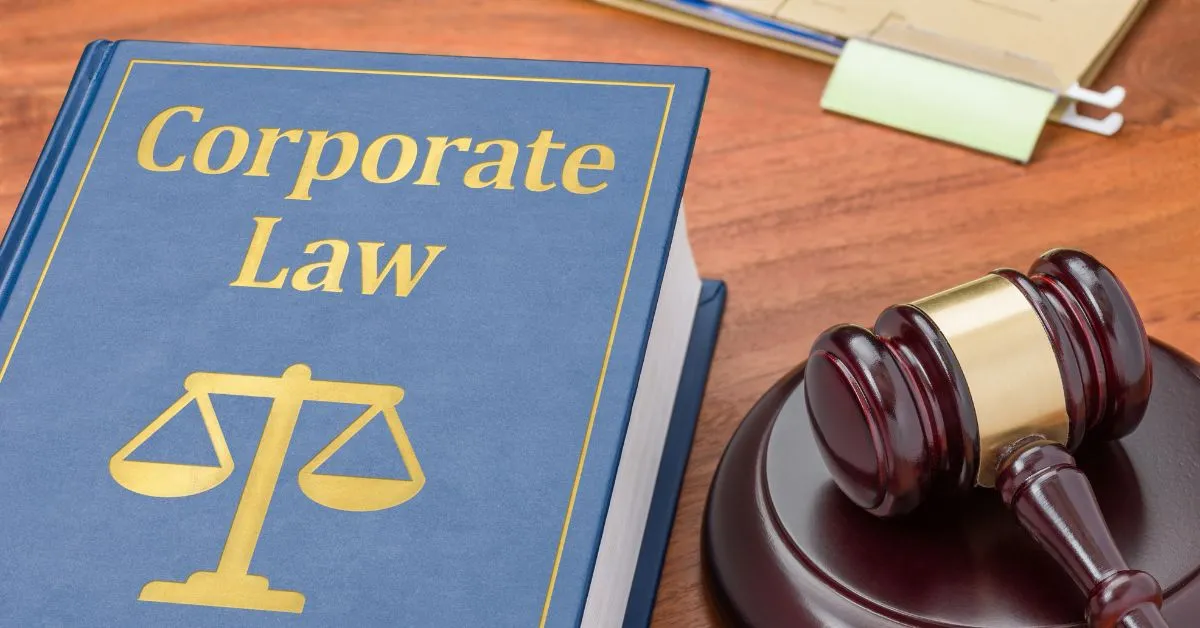What to Do If You’re Accused of Tax Fraud
Being accused of tax fraud can be a daunting experience, potentially leading to severe legal consequences, including hefty fines and even imprisonment. Understanding how to navigate this situation is crucial. Here’s a step-by-step guide on what to do if you find yourself facing tax fraud allegations.
1. Stay Calm and Don’t Panic
First and foremost, it’s important to remain calm. Accusations can be stressful, but panicking may lead to hasty decisions. Take a deep breath and prepare to address the situation methodically.
2. Understand the Allegation
Make sure you fully understand the specific allegations against you. Review any correspondence from the tax authorities, including the Internal Revenue Service (IRS) or state tax agencies. Identify what aspects of your tax return are being questioned.
3. Gather Documentation
Collect all relevant documents related to your tax returns, including:
- Tax returns for the years in question
- W-2s, 1099s, and other income statements
- Receipts for deductions claimed
- Correspondence with tax authorities
Having organized documentation will help clarify your position and aid in your defense.
4. Consult a Tax Attorney
One of the most critical steps you can take is to seek legal advice from a qualified tax attorney. A legal expert can help you understand your rights, navigate the legal process, and develop an effective defense strategy. They can also communicate with the tax authorities on your behalf, ensuring that your interests are protected.
5. Respond to the Allegations
Once you have a clear understanding of the situation and have consulted with a tax attorney, it’s time to respond. Your attorney will likely help you prepare a formal response to the allegations, which may involve providing additional documentation or clarification to the tax authorities.
6. Consider Your Options
Depending on the nature of the allegations, you may have several options:
- Negotiate: In some cases, it may be possible to negotiate a settlement or payment plan.
- Challenge the Claim: If you believe the allegations are unfounded, your attorney can help you challenge the claim through the appropriate legal channels.
- Prepare for Court: If the situation escalates, be prepared to defend yourself in court. Your attorney will guide you through this process.
7. Stay Compliant
Throughout this process, continue to comply with all tax laws and obligations. Failing to file returns or pay taxes during an investigation can worsen your situation.
8. Learn from the Experience
Once the matter is resolved, take time to reflect on what led to the allegations. If errors were made, consider consulting a tax professional to ensure compliance in the future. Implementing proper tax practices can help prevent similar issues down the line.
Conclusion
Being accused of tax fraud is a serious matter that requires prompt and careful action. By staying calm, gathering documentation, and consulting with a qualified attorney, you can navigate this challenging situation more effectively. Remember, you are not alone; legal experts are available to help you through the process.




